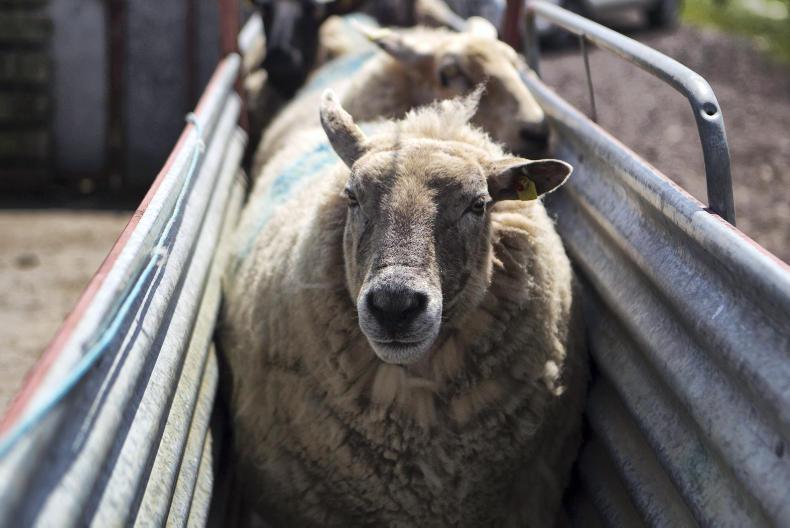The Sheep Welfare Scheme is a positive mechanism to encourage farmers to implement changes at farm level that will improve performance. A number of tasks are specific to the summer months. These tasks and, in particular, the health aspects should be a focal point for all farmers with lameness, parasite control and mineral supplementation three key areas that have the ability to improve performance.
The other area where there is huge scope on many farms to increase animal performance is in grassland management. I detail the experience of Westmeath sheep farmer John Bell. Improving grassland is not an overnight solution as tasks such as reseeding and improving farm infrastructure require significant investment. However, John Bell’s experience shows that making gradual changes over time will deliver to the farm’s bottom line with the farm transforming from a situation of being unprofitable to delivering a gross margin of over €1,000/ha.
Every change that is made or every paddock that is introduced can deliver big benefits.
Show season
We are entering show season and the coming weeks, in particular, have a packed calendar for shearing enthusiasts. Peter Varley gives an overview of some upcoming events which provide a good attraction for all the family.
The last two seasons have been variable in terms of flystrike. The early summer of 2016 saw very little flystrike, with more problems in late summer and early autumn. This year could be very different with temperatures already much higher. Nathan Tuffy details options for preventing and treating flystrike.
We also have a summary of a number of items that were on display at the Balmoral Show.
Handling facilities and fencing are two key elements in reducing labour on sheep farms. Handling facilities do not need to be extravagant with a simple setup such as a race and some temporary gates capable of delivering big gains.
The current tranche of the Targeted Agricultural Modernisation Scheme (TAMS II) offers grant-aid support for sheep-fencing and handling equipment and closes for applications on 30 June. There is a minimum investment of €2,000 excluding VAT.






 This is a subscriber-only article
This is a subscriber-only article











SHARING OPTIONS: